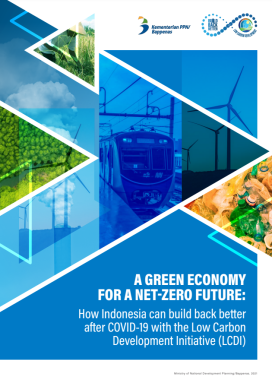
This website has been archived. Visit wri.org to learn more about continuing work under World Resources Institute’s Climate, Economics and Finance Programme.
This website has been archived. Visit wri.org to learn more about continuing work under World Resources Institute’s Climate, Economics and Finance Programme.